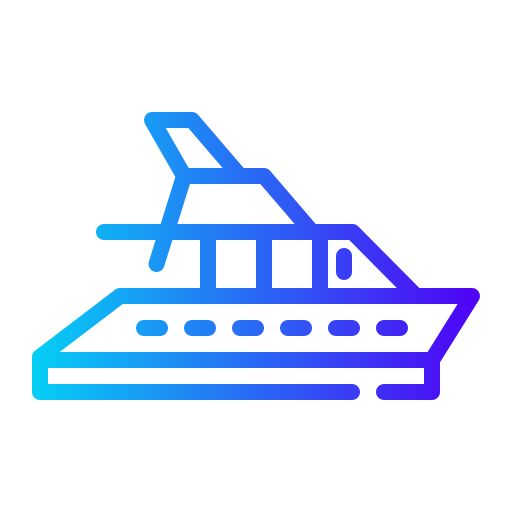Tips for Choosing the Best Yacht Crew
When it comes to yachting, selecting the right crew is fundamental to ensuring both safety and enjoyment on the water. A professionally trained crew can significantly enhance the overall experience, ensuring that every outing is smooth sailing. Here are several essential tips for selecting the best yacht crew.
Define Your Needs and Expectations
Before beginning your search, it is crucial to outline what you need from your crew. Consider the following:
- Size of the Yacht: Larger vessels typically require more crew, including roles such as captain, first mate, engineers, and stewards. Smaller yachts may only need a captain and a deckhand.
- Type of Voyages: Will you be undertaking long voyages, day trips, or luxury charters? Different journeys demand different skill sets.
- Specialized Skills: If you plan to engage in activities like diving, fishing, or gourmet cooking, seek crew members with experience in those areas.
Check Qualifications and Experience
A qualified crew is essential for both safety and service. When reviewing applicants, focus on the following:
- Certifications: Crew members should possess relevant certifications, such as STCW (Standards of Training, Certification, and Watchkeeping for Seafarers), which ensures they are trained for emergency situations.
- Experience: Look for crew members with substantial experience in similar types of vessels and conditions. Personal recommendations and references add credibility to their claims.
- Skill Levels: Different positions require varying levels of expertise. For instance, a captain should have extensive navigational and leadership experience, while stewards should excel in hospitality.
Assess Personality and Team Dynamics
Beyond qualifications, the right crew must blend well with the owner and other crew members. Consider the following factors:
- Interpersonal Skills: Crew members should possess strong communication and relational skills, as they will need to work together harmoniously and interact well with guests.
- Work Ethic: They should exhibit professionalism and a strong work ethic. Look for individuals who are proactive and show dedication to their duties.
- Adaptability: Life at sea can be unpredictable. A good crew must handle stress gracefully and adjust to changing conditions.
Conduct Thorough Interviews
Interviews are a critical decision-making step in the selection process. Create a list of questions to help gauge their suitability:
- Experience with Specific Vessels: Ask about their previous experiences with similar yachts.
- Handling Emergencies: Inquire about past emergency situations they have faced and how they handled them.
- Guest Interaction: Evaluate their approach to client service and comfort levels with guests.
Trial Periods
Before making a long-term commitment, consider implementing a trial period during which potential crew members can demonstrate their capabilities and compatibility with the team and owner. This can be arranged during a short sailing trip where performance, teamwork, and adaptability are put to the test.
Utilize Professional Recruitment Agencies
Professional recruitment agencies specialize in the maritime industry and can be valuable partners in the hiring process. They often have extensive networks and can perform background checks, ensuring only the qualified candidates are presented to you. This can significantly speed up the recruiting process while ensuring safety and reliability.
Importance of Contracts and Agreements
Once you have selected a crew, it is vital to outline roles and responsibilities clearly through contracts. This includes:
- Job Description: Define what each position entails, including daily duties and responsibilities.
- Compensation: Agree on salary, bonuses, and any benefits.
- Duration of Employment: Specify whether the crew will be employed long-term or for specific charters.
Ongoing Training and Development
Even after selecting the best crew, continuous training and development can enhance team performance and ensure everyone is up-to-date on the latest safety protocols and technological advancements in yachting.
Conclusion
Selecting the best yacht crew requires thoughtfulness and diligence. By defining needs, assessing qualifications, evaluating personality fit, and ensuring effective communication, you safeguard your investment and enhance your voyages. The right crew not only enhances safety but also elevates the overall yachting experience for all involved.
